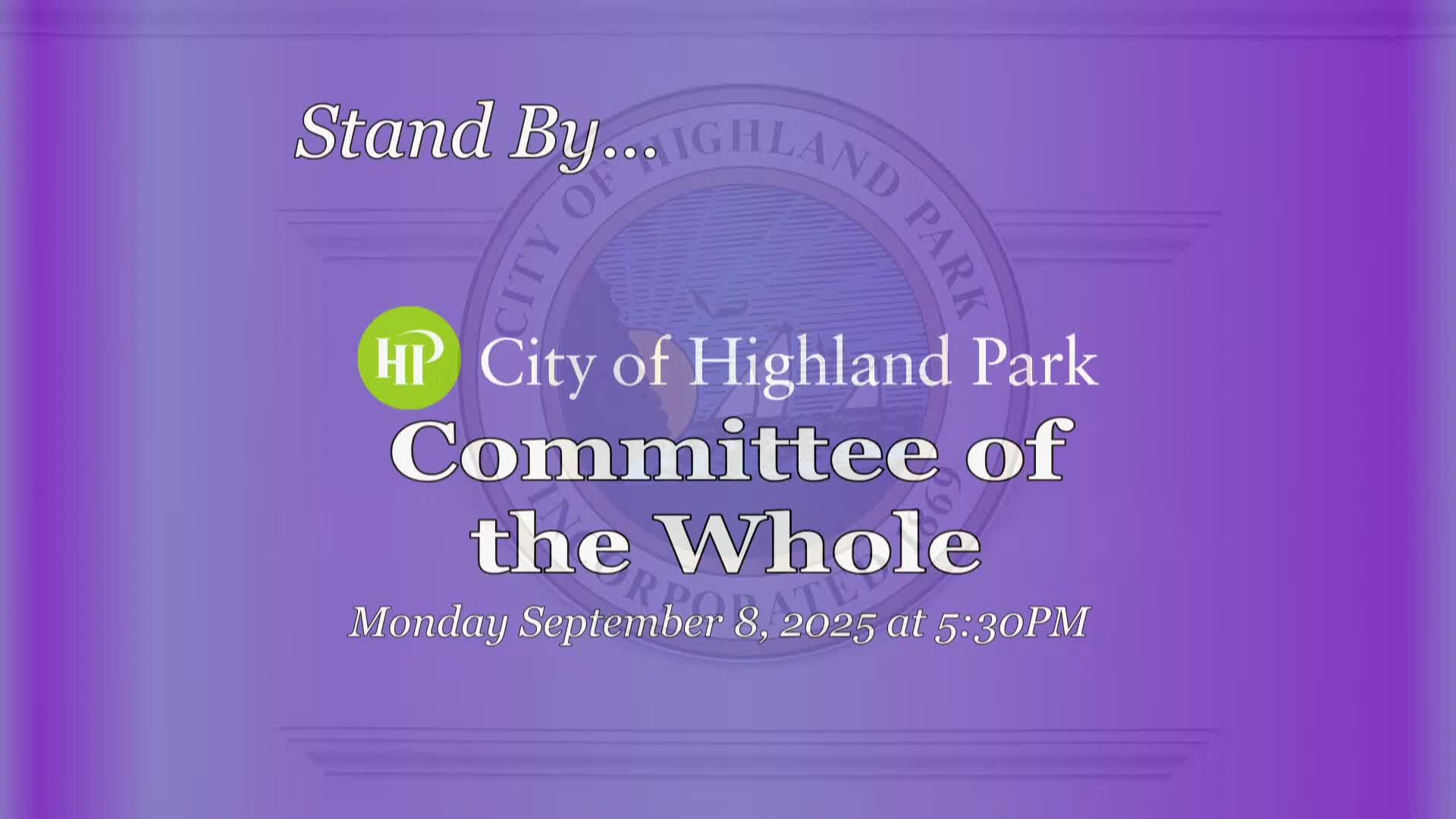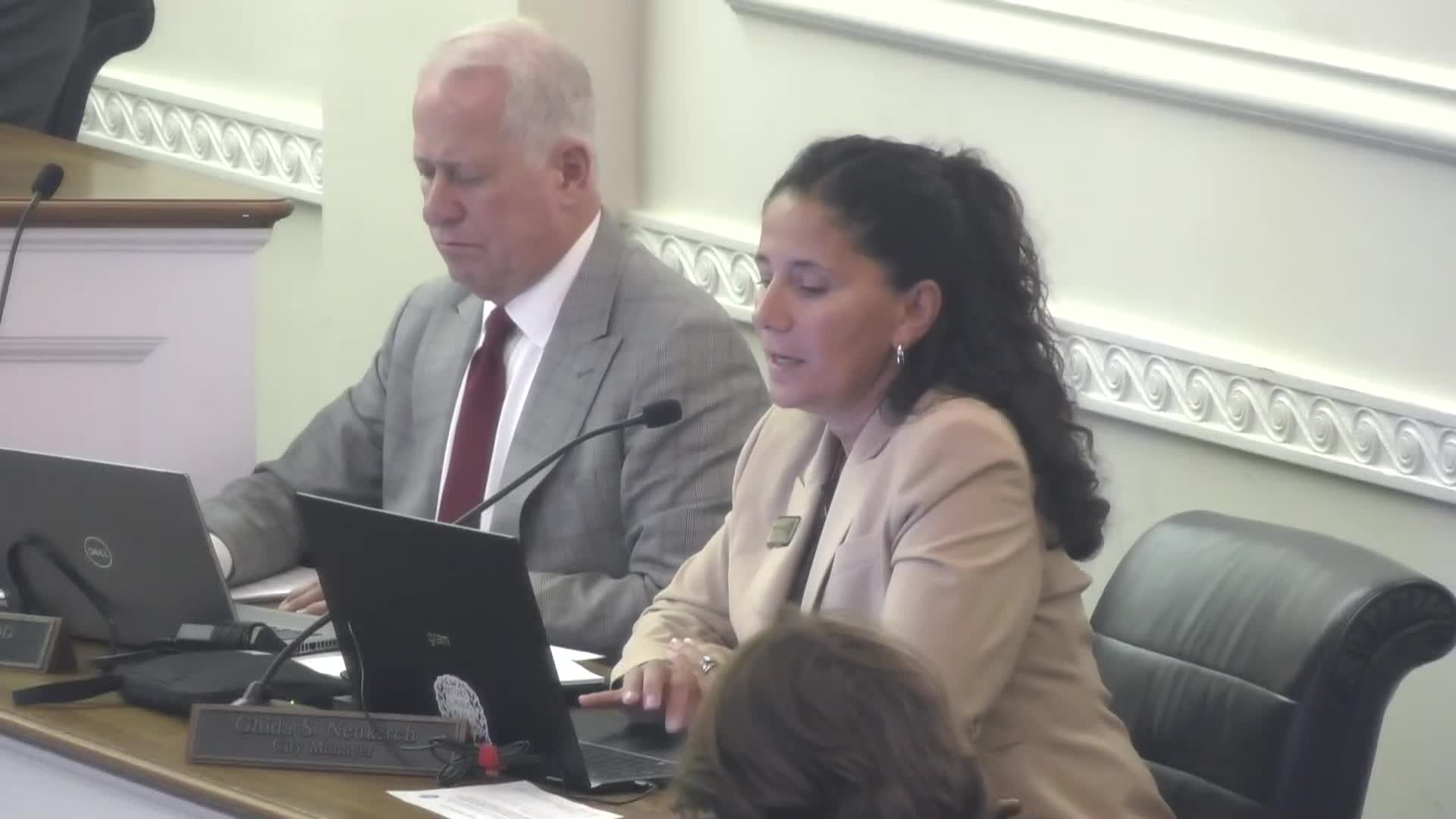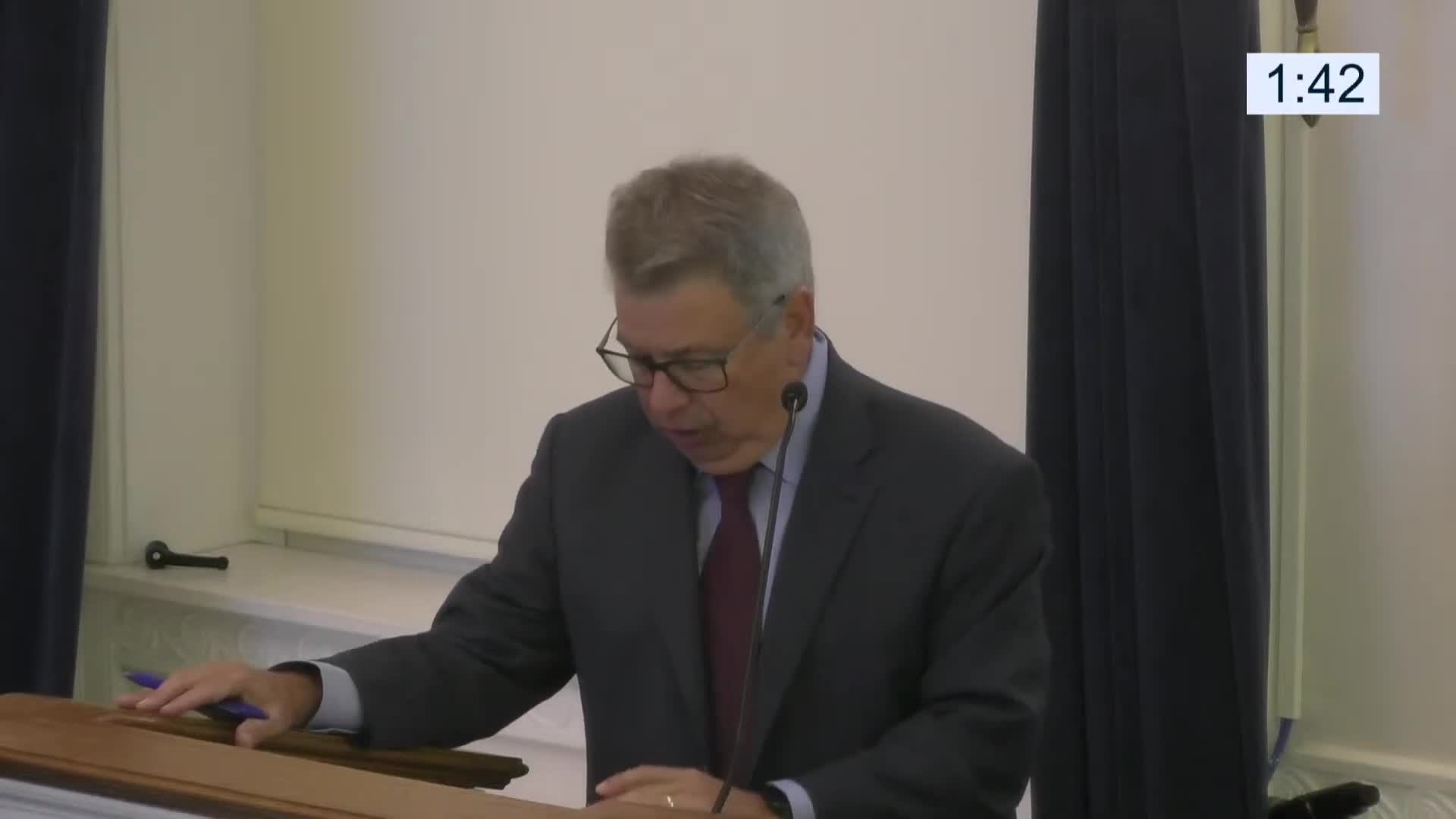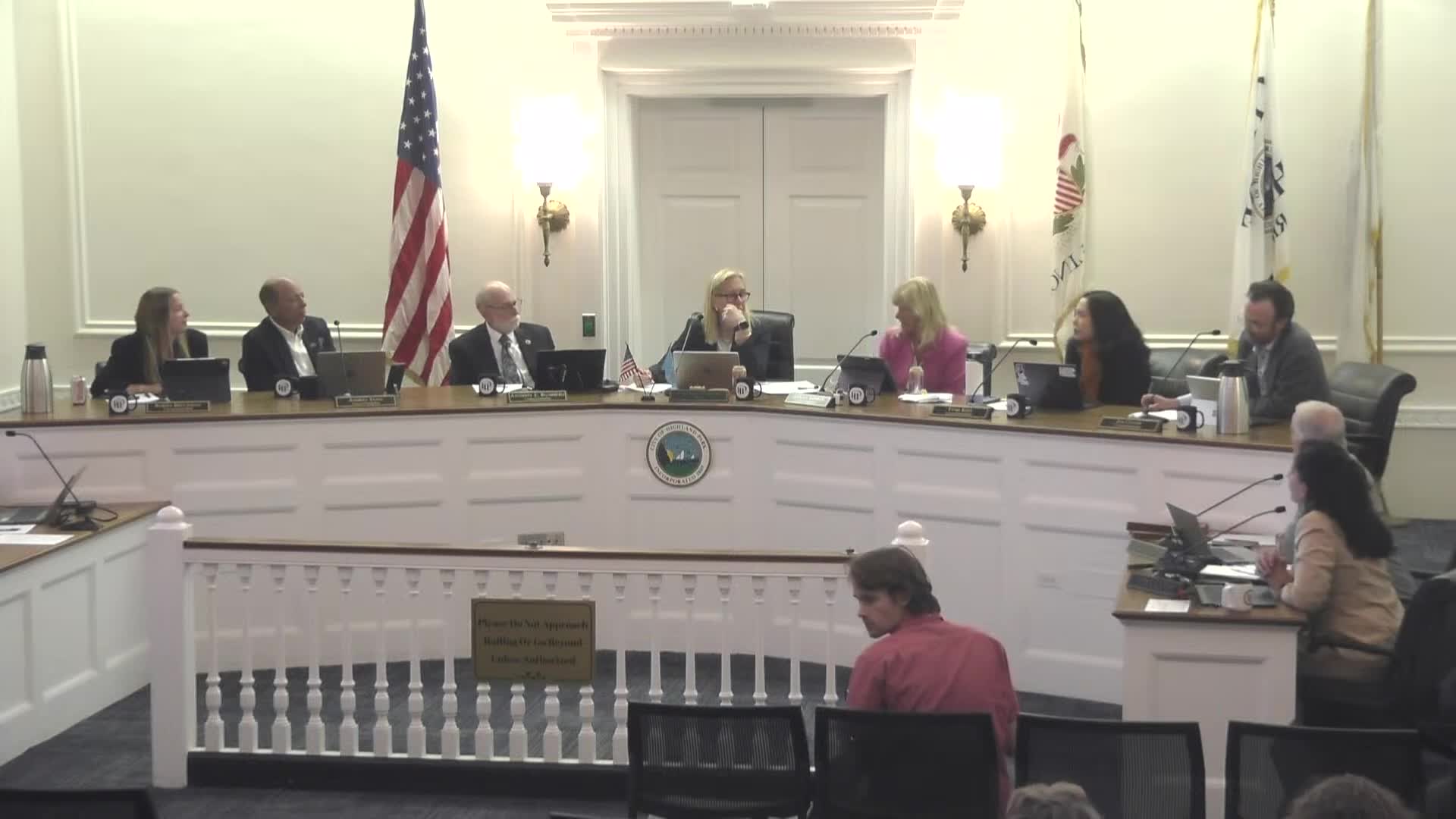Article not found
This article is no longer available. But don't worry—we've gathered other articles that discuss the same topic.

City outlines 10-year capital program; delays pedestrian bridge work and trims street-rehab target for 2026

Council approves $500,000 from Housing Trust Fund for home for people with developmental disabilities

Council narrows where timeshare-style fractional ownership can operate, bars use in single-family zones

